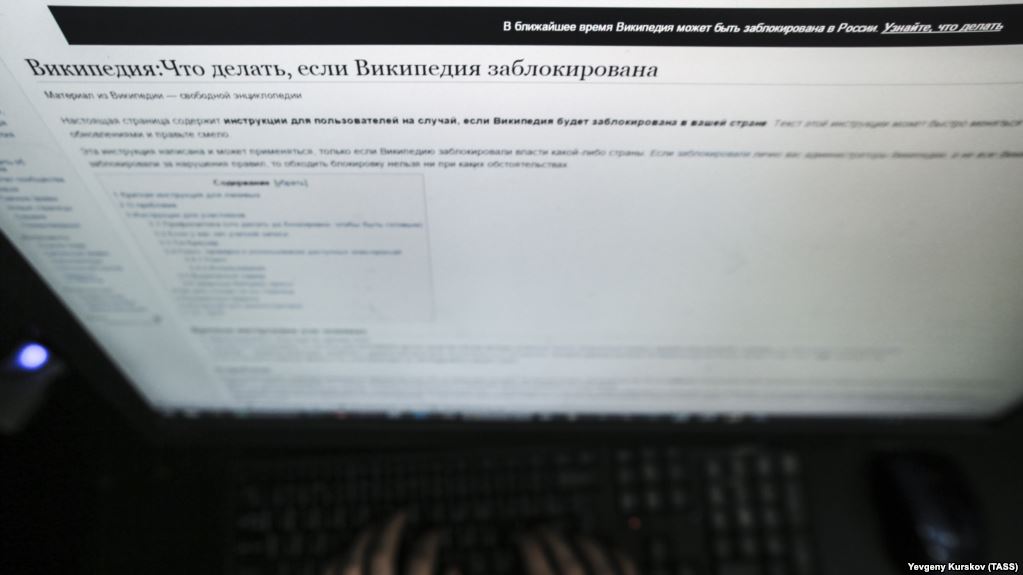
By RFE/RL
A controversial law tightening restrictions on the Internet comes in force in Russia on November 1, months ahead of a March 2018 election that is widely expected to hand President Vladimir Putin a new six-year term.
The law signed by Putin on July 29 prohibits the use of Internet proxy services including virtual private networks (VPNs).
The law was promoted by lawmakers who said it was needed to prevent the spread of extremist material and ideas.
Critics say Putin’s government often uses such arguments to justify the suppression of dissent.
Under the law, Internet providers will be ordered to block websites that offer VPNs and other proxy services. Russians frequently use such websites to access blocked content by routing connections through servers abroad.
Another Internet law that Putin signed the same day comes into force on January 1. It will require operators of instant messaging services, such as messenger apps, to establish the identity of those using the services by their phone numbers.
That law will also require operators to restrict access to users upon the request of the authorities if the users are disseminating content deemed illegal in Russia.
Russian authorities in recent years have escalated efforts to prosecute Internet users for online content deemed extremist or insulting to religious believers.
By RFE/RL




